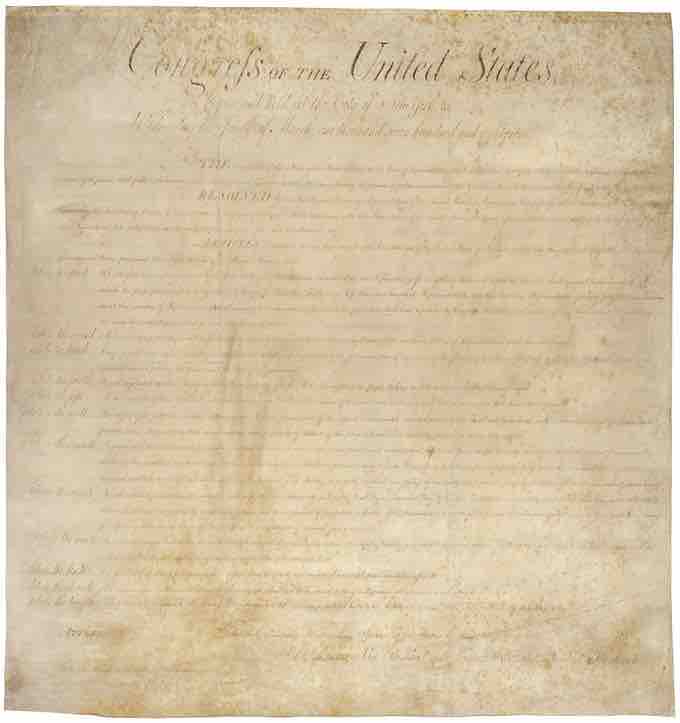Individualism is the moral stance, political philosophy, ideology, or social outlook that stresses the moral worth of the individual. Individualists promote the exercise of one's goals and desires and so value independence and self-reliance while opposing external interference upon one's own interests by society or institutions such as the government.
Individualism, sometimes closely associated with certain variants of anarchism or liberalism, typically takes it for granted that individuals know best and that public authority or society has no right to interfere in a person's decision-making process, unless a very compelling need to do so arises (and maybe not even in those circumstances). This type of argument can occur in policy debates regarding regulation of industries, as well as in relation to personal choice of lifestyle.
Individualists are chiefly concerned with protecting individual autonomy against obligations imposed by social institutions (such as the state or religious morality). Civil liberties are rights and freedoms that provide an individual specific rights such as the freedom from slavery and forced labor, freedom from torture and death, the right to liberty and security, right to a fair trial, the right to defend one's self, the right to own and bear arms, the right to privacy, freedom of conscience, freedom of expression, freedom of assembly and association, and the right to marry and have a family.

The Bill of Rights of the United States of American
The U.S. Constitution, seen here, protects civil liberties.
Civil libertarianism is not a complete ideology; rather, it is a collection of views on the specific issues of civil liberties and civil rights. Because of this, a civil libertarian outlook is compatible with many other political philosophies, and civil libertarianism is found on both the right and left in modern politics.
Individualism is often contrasted either with totalitarianism or with collectivism, but in fact there is a spectrum of behaviors at the societal level ranging from highly individualistic societies through mixed societies to collectivist societies.